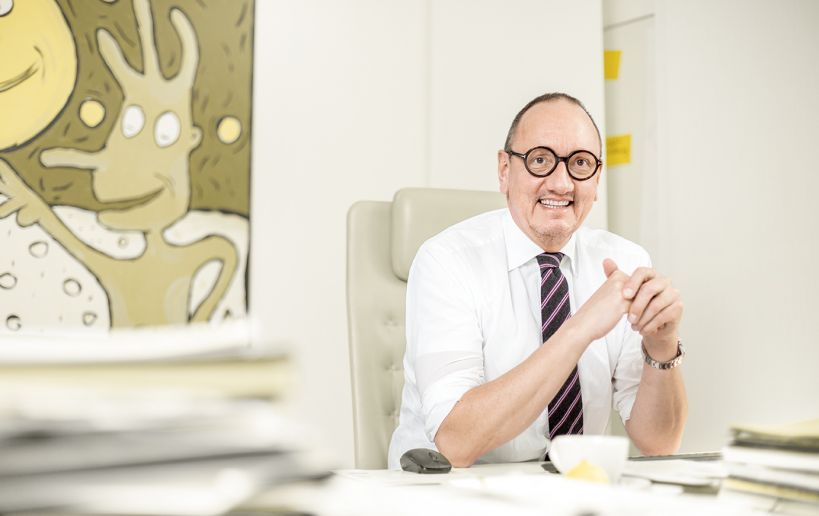The reimbursement dilemma of gene therapies
development of innovative reimbursement strategies
In general, the price is made up of cost recovery and profit components. However, the particular challenge in the pharmaceutical sector is to cover the high research and development costs of new drugs, that are more substantial for gene therapies in comparison to other drugs. In addition, prices of the currently reimbursed gene therapeutics, except for Imlygic®, are very different as they are one-time treatments. Since the beginning of 2018, the Medicines Supply Reinforcement Act (AMVSG) has been amended so that drugs, exclusively used in the context of inpatient care are evaluated through a benefit assessment. Gene therapies fall into this category of drugs in Germany and are accordingly assessed and reimbursed by the German Act on the Reform of the Market for Medicinal Products (AMNOG) process. Unfortunately, the current reimbursement model for gene therapies does not appear to be adequate, as prices of these drugs are too expensive.
To date, seven gene therapies including Glybera®, Strimvelis®, Kymriah®, Yescarta®, Luxturna®, ZyntegloTM and Zolgensma® have been approved in Europe and the USA. With therapy costs that can be up to 1.945 million euros as it is the case with Zolgensma®, these drugs require new reimbursement strategies. Gene therapeutics are usually reimbursed through "pay for performance" (P4P) models. A P4P model is a quality-oriented reimbursement model in which reimbursement depends on the success of the treatment. In the case of the world's most expensive drug, Zolgensma®, used for the treatment of children with life-threatening spinal muscular atrophy (SMA), the German Association of Private Health Insurance (PKV) has already concluded a contract with the pharmaceutical company AveXis and agreed to pay therapy costs in installments. Part of the costs will be due at the time of treatment and the other installments will be based on the success of the therapy, so that insurance companies will not have to reimburse the full price if the patient does not respond to the therapy. Compared to previous contracts with a similar innovative reimbursement model, this contract model takes into account several patient-relevant outcome parameters, with AveXis taking the risk of repaying back up to 100% of the drug costs in a staggered manner if the contract is terminated. Altogether, the high-priced gene therapies have opened new avenues that are changing the German reimbursement system.
In our latest White Paper "Successful market access for gene therapies – strategic challenges and possible solutions", we describe and discuss in detail complex reimbursement models of gene therapies. We'd be delighted to send you the exclusive white paper. Please fill out the form below to request it.
About the author

Founder and Managing Director
Fax: +49 511 64 68 14 18
Exclusive Download White Paper
We would be pleased to send you the white paper free of charge. Please send us your coordinates using the form provided.
